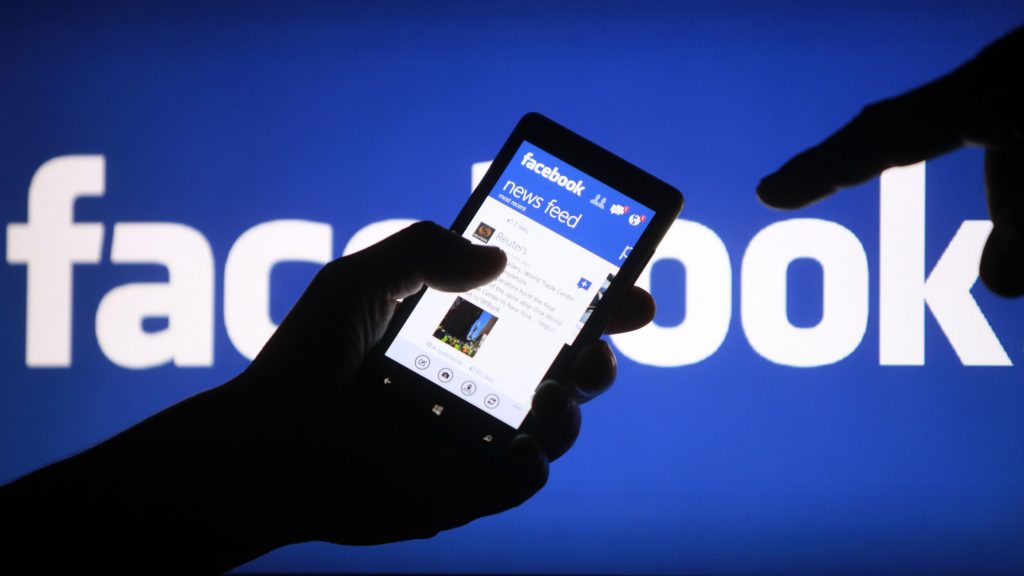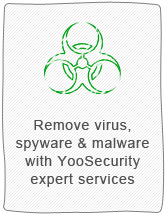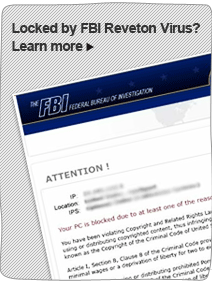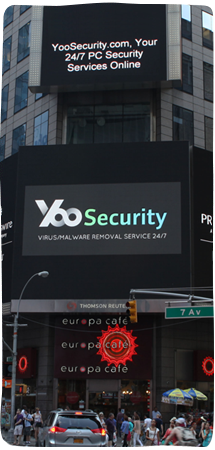I can’t access VPN in China on my iPhone, and someone told me that I can use the VPN. I’m just curious about what is a VPN? How do I use one? Can government agencies track one when using a VPN?
Why You Can’t Access Facebook in China?
China’s has the top class technology and internet security protocol. China has the strictest internet security which is being guarded by a specific firewall developed solely for China called the Great Firewall of China, to protect China’s cyberspace. This firewall holds a censorship to the nation’s internet and has created restrictions for a lot of foreign websites. This firewall has prevented the access of foreign websites like Facebook, Gmail, Instagram and online new portals like New York Times, Bloomsbury News and more.
Facebook is a very popular social media network. Creating a Facebook account instantly connects you with your friends, family, and acquaintances. Here you can post a status, share photos and videos, interact with other through chatting, video calling or even through commenting and reacting to their posts. Facebook was blocked in China in July 2009 due to Urumqi riots where Xinjiang activists were using Facebook as their medium of communicating.
The importance of Facebook has grown over the years, and now it is a crucial factor of information and communication for people. Unable to use Facebook when traveling or moving to China is a tough situation. It will be like socially blocking yourself where no one will know your whereabouts and life events. Facebook is among the many foreign websites banned in China, so if you want to use Facebook from China, you need the following steps to use it on your iPhone successfully.

What is a VPN?
A Virtual Private Network or VPN is an encoded or encrypted network connection to a far away server that allows you to use the internetdespite restricted firewalls. VPNs have an effect on your internet and also the services as kept off the map. VPNs are not available for free but can be available in both monthly and yearly plans. These networks are beneficial to the travelers. A VPN can connect multiple sites over a large distance just like a Wide Area Network (WAN). VPNs are often used to extend intranets worldwide to disseminate information and news to a wide user base. Educational institutions use VPNs to connect campuses that can be distributed across the country or around the world. In order to gain access to the private network, a user must be authenticated using a unique identification and a password. An authentication token is often used to gain access to a private network through a personal identification number (PIN) that a user must enter. The PIN is a unique authentication code that changes according to a specific frequency, usually every 30 seconds or so.
Suggestion: If you don’t know how to access Facebook in China on iPhone, you’re welcome to contact our Yoosecurity online technical team by clicking Start Live button bellow:

How Does VPN Works?
VPN Encryption
To help ensure confidentiality of the data as it traverses the shared or public transit network, it is encrypted by the sender and decrypted by the receiver. Because data encryption is performed between the VPN client and VPN server, it is not necessary to use data encryption on the communication link between a dial-up client and its Internet service provider (ISP). For example, a mobile user uses a dial-up networking connection to dial in to a local ISP. Once the Internet connection is made, the user creates a VPN connection with the corporate VPN server. If the VPN connection is encrypted, there is no need to use encryption on the dial-up networking connection between the client and the ISP.
VPN Architecture
Using VPNs, an organization can help secure private network traffic over an unsecured network, such as the Internet. VPN helps provide a secure mechanism for encrypting and encapsulating private network traffic and moving it through an intermediate network. Data is encrypted for confidentiality, and packets that might be intercepted on the shared or public network are indecipherable without the correct encryption keys. Data is also encapsulated, or wrapped, with an IP header containing routing information.
VPNs help enable users working at home, on the road, or at a branch office to connect in a secure fashion to a remote corporate server using the Internet. From the users perspective, the VPN is a point-to-point connection between the user’s computer and a corporate server. The nature of the intermediate network, the Internet, is irrelevant to the user because it appears as if the data is being sent over a dedicated private link.When used for legal purposes, VPNs are not considered illegal in most countries and anyone can go ahead and start using a VPN service. The act of surfing through another IP is legal, and is something even the biggest companies in the world do all the time. If you however hide behind a VPN service to perform illegal activities, then you’re of course violating the law.
VPN Tunneling
Tunneling is a network technology that enables the encapsulation of one type of protocol packet within the datagram of a different protocol. For example, Windows VPN connections can use Point-to-Point Tunneling Protocol (PPTP) packets to encapsulate and send private network traffic, such as TCP/IP traffic over a public network such as the Internet.
For PPTP and Layer Two Tunneling Protocol (L2TP), a tunnel is similar to a session. Both of the tunnel endpoints must agree to the tunnel and must negotiate configuration variables, such as address assignment, encryption, or compression parameters. In most cases, data transferred across the tunnel is sent using a datagram-based protocol. A tunnel management protocol is used as the mechanism to create, maintain, and terminate the tunnel.
VPN Authentication
The VPN server can be configured to use either Windows or Remote Authentication Dial-In User Service (RADIUS) as an authentication provider. If Windows is selected as the authentication provider, the user credentials sent by users attempting VPN connections are authenticated using typical Windows authentication mechanisms, and the connection attempt is authorized using the VPN client’s user account properties and local remote access policies.
If RADIUS is selected and configured as the authentication provider on the VPN server, user credentials and parameters of the connection request are sent as RADIUS request messages to a RADIUS serve
VPN Addressing and Routing
Based on whether or not a route is added by default, a VPN client has broad access to Internet locations or to locations on the intranet, but not to both:
1. If the currently active default route is pointing to the Internet (and the gateway on the remote network is not being used), Internet locations are reachable, but only intranet locations matching the network ID corresponding to the Internet address class of the assigned IP address can be reached.
2. If the currently active default route is pointing to the intranet (and the gateway on the remote network is being used), all intranet locations are reachable, but only the IP address of the VPN server and locations available through other routes can be reached on the Internet

How to use a VPN?
A huge variety of VPNs is available online these days. The percentage of VPN users is gradually increasing to access these blocked websites. A VPN provides data safety and confidentiality. You should do a good market survey before purchasing a VPN because the GFC is not easy to cut.
VPN for Facebook on your iPhone
It is great news for all the iPhone users in China that these devices don’t need any special setup to avail Facebook. There is an exclusive software pre-installed that helps to access Facebook. Normally, iPhone users in China don’t require a headhunt to find VPN or proxy software to access Facebook. All you need to do is download the app and have an account.
Installing VPN on your iPhone
In case you are unable to access Facebook without a VPN, you’re in luck as the Chinese government hasn’t banned App store, find out the most effective and cost efficient VPN working in China and purchase. Once installed make the VPN your default server and you can access the websites without disturbance.
Log in your VPN and access to your Facebook.
Enter your new acount and password and bigin running your VPN to protect your identity, access protected files on a network, or access websites and content not available in your country. You can also change your settings to allow your VPN to launch automatically and connect to a random network, or you can choose when and how you connect. When you are connected to VPN, you will see an ongoing notification in the Status bar on your iPhone. If you are disconnected, you will receive a notification and an option to go back to the VPN settings section. Once you have created vpn connection you can switch it on and off on the main settings screen.
Video Show You How to Access Facebook in China
Summary
VPN are not considered illegal in most countries and anyone can go ahead and start using a VPN service. The act of surfing through another IP is legal, and is something even the biggest companies in the world do all the time. VPNs help enable users working at home, on the road, or at a branch office to connect in a secure fashion to a remote corporate server using the Internet. From the users perspective, the VPN is a point-to-point connection between the user’s computer and a corporate server. The nature of the intermediate network, the Internet, is irrelevant to the user because it appears as if the data is being sent over a dedicated private link. When used for legal purposes, VPNs are not considered illegal in most countries and anyone can go ahead and start using a VPN service. The act of surfing through another IP is legal, and is something even the biggest companies in the world do all the time. If you however hide behind a VPN service to perform illegal activities, then you’re of course violating the law.
Top 10 + Best VPN Services Worldwide
| VPN Provider | Servers | Jurisdiction | # of Connections | Price(USD) | WebSite |
|---|---|---|---|---|---|
 |
2000+ servers in 94 countries. | British Virgin Islands | 3 | $6.67/Month |
Best Deals |
 |
1,000+ servers in 60+ countries. | USA | 10 | $4.87/Month |
View Deals |
 |
4646+ servers in 62+ countries. | Panama | 6 | $3.99/Month |
View Deals |
 |
200+ servers in 70 countries. | Bulgaria | 6 | $4.18/Month |
View Deals |
Click Here to View More Top 10 Best VPN Services »
Published by Tony Shepherd & last updated on October 9, 2018 9:09 am













Leave a Reply
You must be logged in to post a comment.